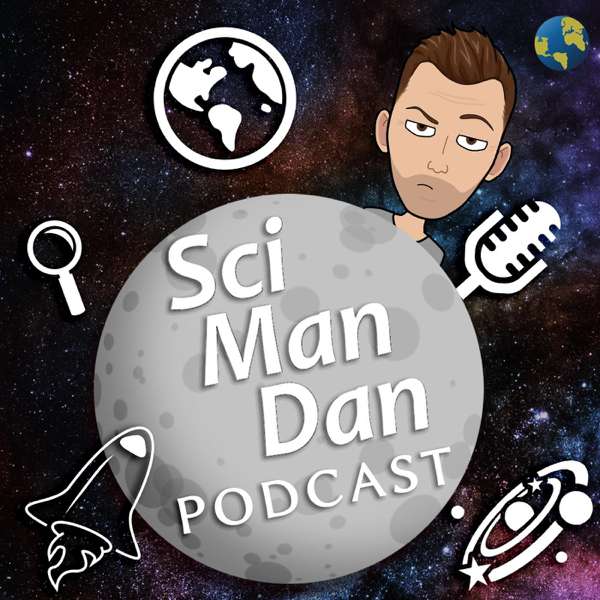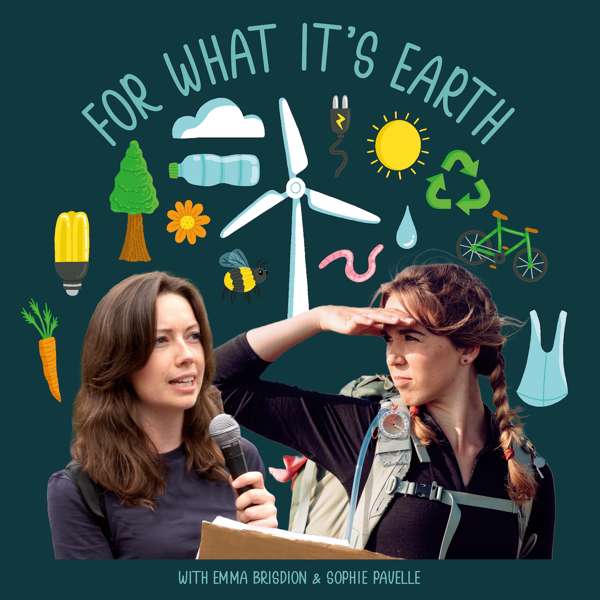This program was recorded in front of a live audience at The Commonwealth Club of San Francisco on April 30, 2019.
During the 2016 presidential election, climate change barely surfaced as a campaign topic. This cycle it’s a different story.
“It’s gonna be the first election where it's a major issue,” predicts former congressman Carlos Curbelo (R-FL). “I don't support it, but we can thank the Green New Deal for that.”
Democrats have rallied around the Green New Deal and its lofty promise of a clean energy future. How will it realize its ambitious goals? Still unclear. But there can be no doubt that the tide of climate change awareness is rising among the nation’s voters. And more and more, as their constituents feel the effects of global warming in their own districts, Republicans find that they ignore the topic at their peril.
“In every single community in this country, you are able to identify a few changes to the detriment of all as a consequence of a changing climate,” says Ryan Costello, former U.S. representative from Pennsylvania. Costello, a Republican, now manages Americans for Carbon Dividends, an advocacy group that is supported by oil companies and promotes a price on carbon emissions.
“If you’re along the coast, rising sea levels,” Costello continues. “If you're in the Midwest, the land that you can grow on has shrunk; your crop season has shrunk. If you're in Oregon and Northern California the wildfires -- and on and on and on.
“This is really where the conversation has to go now in the next few years to come -- what the cost of climate change truly is.”
In 2018, Curbelo proposed legislation that would impose a carbon tax, which garnered the support of many of his GOP colleagues. What inspired him to act on an unpopular cause? For the South Florida community that first sent him to congress in 2015, the issue has become very close to home.
“In my community, an area that is at about sea level and where most people live near the sea, the threat is real, it's imminent. We get tidal flooding; our drinking water supply is threatened by saltwater intrusion.
“So that's why I decided to get involved.”
Still, even some Democrats have found themselves caught between the threat of a destabilized climate and other, more immediate, concerns. Christine Pelosi of the Democratic National Committee says that, from her perspective, the conversation is more regional than partisan.
“It has a lot more to do with a couple of things,” she says. “One is the existential threat that climate change presents, and the other is the dialogue in which people from poorer communities - frontline communities, indigenous communities, mining communities, industrial communities - say, ‘well, it may be true that the ecology as we know it is going to change in a dozen years. But your change is gonna change my family's economy in two years.”
As 2020 looms, many Republicans still fear that voicing support of climate solutions could torpedo their chances for reelection. Curbelo, who co-founded the bipartisan Climate Solutions Caucus in Congress, believes it’s time to put country ahead of career.
“If you are an elected leader of this country, you have a fiduciary responsibility to your constituents and to the country and to no one else,” Curbelo says. “So, yeah, perhaps leading on climate could make some Republicans vulnerable in a primary, perhaps negotiating with Republicans could make some Democrats vulnerable in a primary.
“Too bad -- that's what you signed up for, and we need you to do your job.”
Guests:
Ryan Costello, Former U.S. Representative (R-PA)
Christine Pelosi, Executive Committeewoman, Democratic National Committee
Carlos Curbelo, Former U.S. Representative (R-FL)
Related Links:
Climate Solutions Caucus
The Green New Deal
The Green Real Deal
Americans for Carbon Dividends
The Market Choice Act
Learn more about your ad choices. Visit megaphone.fm/adchoices

 Our TOPPODCAST Picks
Our TOPPODCAST Picks  Stay Connected
Stay Connected







